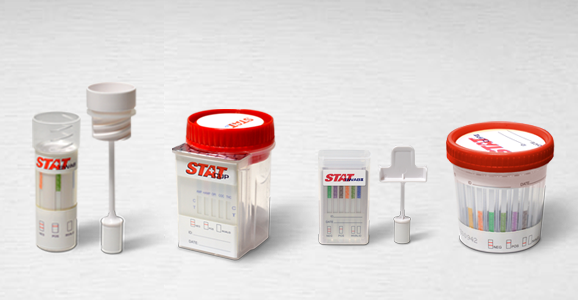Pre-employment drug testing is an essential tool for promoting a safe, productive, and drug-free work environment. By screening job applicants for drug and alcohol use, employers can minimize the risk of workplace accidents, reduce absenteeism, and improve overall productivity. This article discusses the significance of pre-employment drug testing and highlights relevant statistics that demonstrate the correlation between substance abuse and workplace accidents.
The Role of Pre-Employment Drug Testing in Ensuring Workplace Safety
Substance abuse is a pervasive issue that affects millions of people worldwide. According to the National Survey on Drug Use and Health (NSDUH), in 2020, 65.9 million people aged 12 or older in the United States used illicit drugs or misused prescription drugs in the past year. Substance abuse in the workplace not only impacts the individuals involved but also jeopardizes the safety and well-being of their co-workers.
Pre-employment drug testing helps identify individuals who may be at risk of causing accidents or reducing productivity due to substance abuse. By proactively screening job candidates, employers can make more informed hiring decisions and create a safer work environment for all employees.
Statistics on Workplace Accidents Related to Alcohol and Drug Use
Substance abuse in the workplace is a significant contributor to accidents and injuries. A study conducted by the National Council on Alcoholism and Drug Dependence (NCADD) found that employees who abuse drugs are 3.5 times more likely to be involved in workplace accidents than those who do not. Furthermore, the Substance Abuse and Mental Health Services Administration (SAMHSA) estimates that 10-20% of workplace fatalities involve alcohol.
In addition to the increased risk of accidents, drug and alcohol abuse can also lead to higher rates of absenteeism, reduced productivity, and increased healthcare costs. According to the National Institute on Drug Abuse (NIDA), substance abuse in the workplace costs the United States over $740 billion annually in lost productivity, healthcare expenses, and crime-related costs (NIDA, 2020).
Benefits of Pre-Employment Drug Testing
Implementing pre-employment drug testing offers numerous benefits to employers and employees alike:
- Improved workplace safety: Identifying individuals who may be at risk of causing accidents due to substance abuse helps to create a safer work environment for all employees.
- Reduced absenteeism and turnover: Employees who abuse drugs or alcohol are more likely to be absent from work and have higher turnover rates. Pre-employment drug testing can help employers identify and address these issues early in the hiring process.
- Enhanced productivity: Employees who are free from substance abuse are more likely to be focused, engaged, and productive at work.
- Compliance with regulations: In some industries, such as transportation and safety-sensitive positions, pre-employment drug testing is required by federal or state regulations. Implementing a drug testing program ensures compliance with these requirements.
- Positive company image: A drug-free workplace demonstrates a commitment to safety, health, and responsible business practices, which can enhance the company’s reputation and attract top talent.
Conclusion
Pre-employment drug testing is a critical component of a comprehensive workplace safety program. By identifying potential substance abuse issues before hiring, employers can reduce the risk of accidents, improve productivity, and create a safer, healthier work environment. Considering the significant impact of substance abuse on workplace safety and productivity, investing in pre-employment drug testing is not only a responsible decision but also a sound business practice.
—–
Disclaimer: The information presented in this article is intended for informational purposes only. RiskProducts.com is not a law firm, and no attorneys were employed or consulted in the compilation of the information contained herein. It is highly recommended that users consult with an attorney or a drug testing expert before making any policy decisions based, in part or in whole, on the information contained in this article. All forms of diagnostic and employment testing must be conducted in compliance with applicable state and federal laws. Ensuring compliance is the sole responsibility of the user of this information and the entity they represent.

